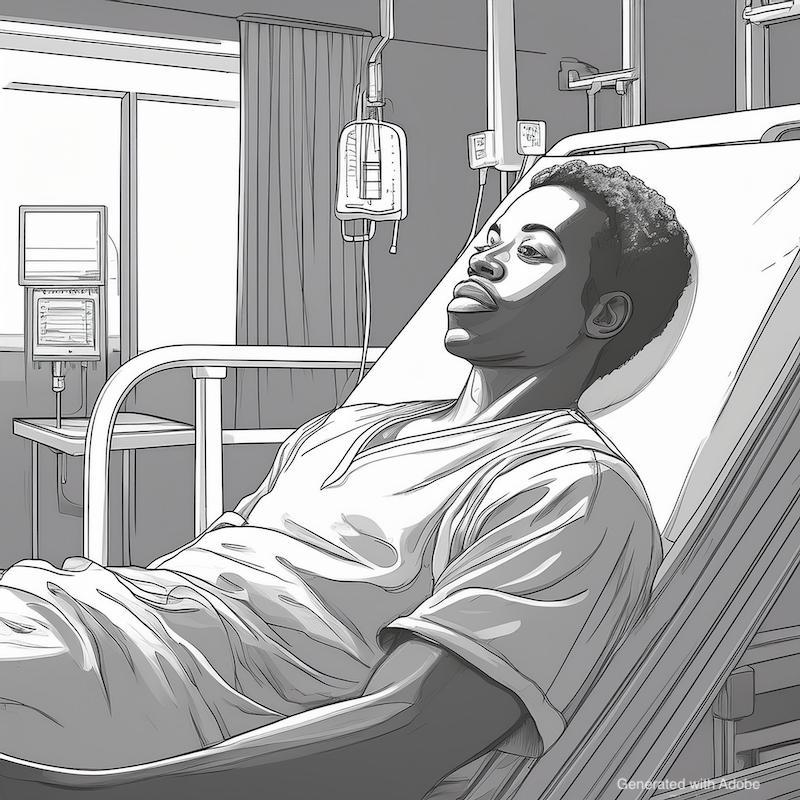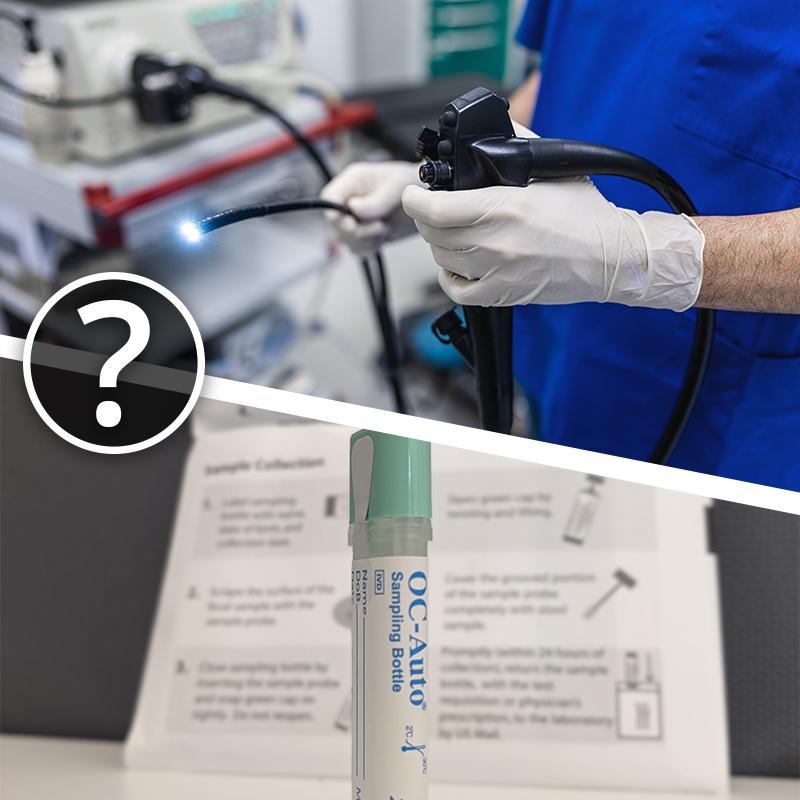
Health, greenery, and justice for all: the Center for Health Justice
How can we best treat health woes that are rooted in social and historical issues? The Center for Health Justice (CHJ) at CHTI is working to address racial inequities through efforts rooted in research that include greening neighborhoods, supplying financial support, and empowering community members. CHJ’s work is featured across several articles in Penn Medicine magazine’s fall/winter issue.

A path to dismantling racism in the emergency department
In an opinion piece, Anish Agarwal and colleagues urge emergency departments to uncover and address inequitable practices. The authors suggest measures to mitigate biases associated with queue jumping, behavioral flags, triage, and referrals and recommend partnering with patients and communities to improve emergency care.

Mental health of care workers provided with a well-being platform improves more with SMS "pushes"
Depression and anxiety scores of Penn Medicine employees significantly improved with access to the mental health platform Cobalt, finds a clinical trial led by the Center for Insights to Outcomes. Greater gains were experienced by participants who received a text message intervention connecting them to information about mental health, assessments, and care offerings.

Choice of colorectal cancer tests increases screening rates
Population Health Lab researchers offered different colorectal cancer screening methods – an at-home fecal immunochemical test (FIT), a colonoscopy, or a choice of either – to patients of a community health center to learn which option led to the highest screening rates. Patients offered the choice had the highest completion rate, double that of those in the colonoscopy-only group.

Initiatives tackle extended waiting periods for medical appointments
In this news article covering the difficulty of getting doctor appointments in Philadelphia, Roy Rosin, Penn Medicine's Chief Innovation Officer, discusses CHTI work to address access issues, including a program that uses home care and telemedicine for patients recovering from breast cancer surgery and software that identifies empty rooms for patients to be seen more quickly.